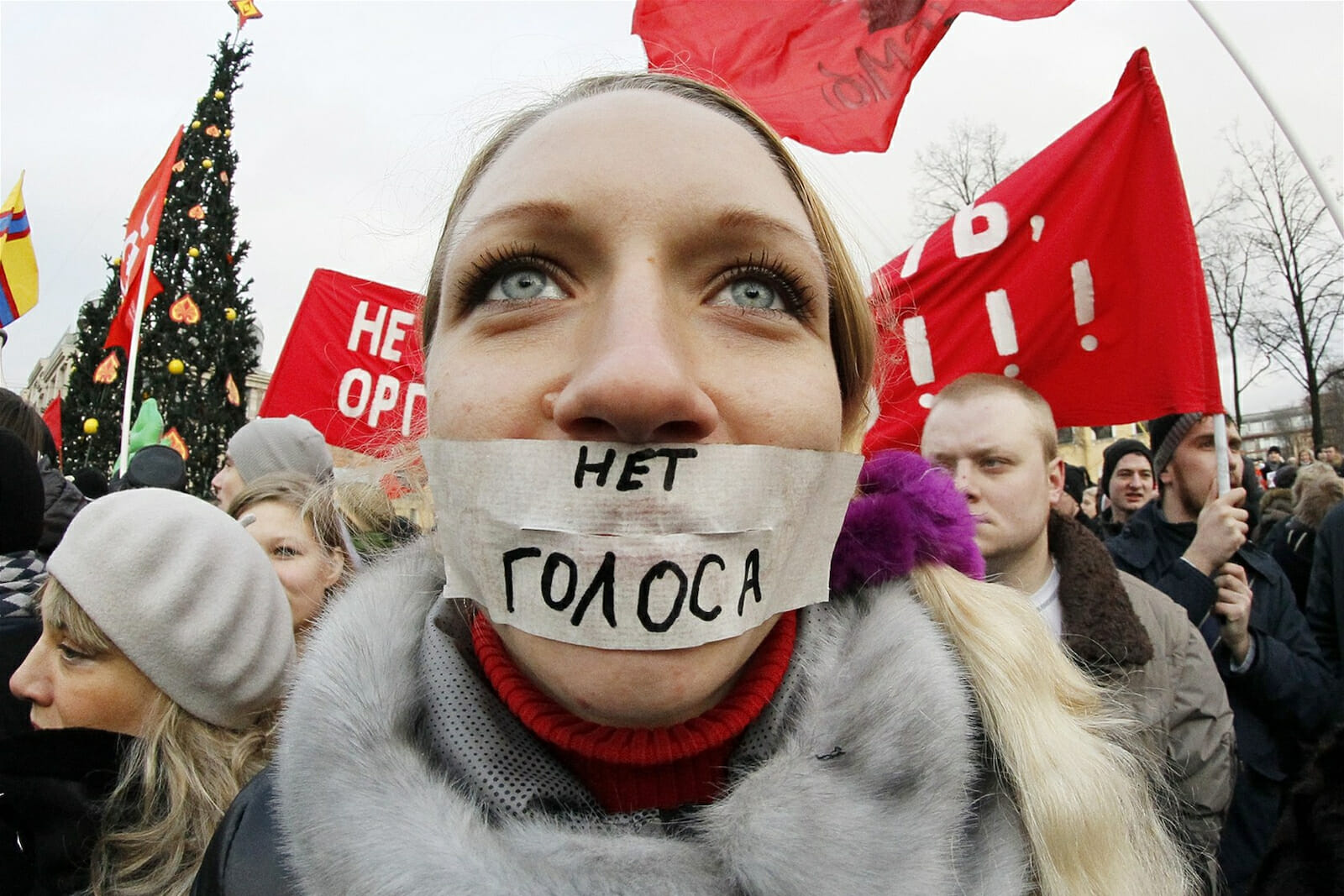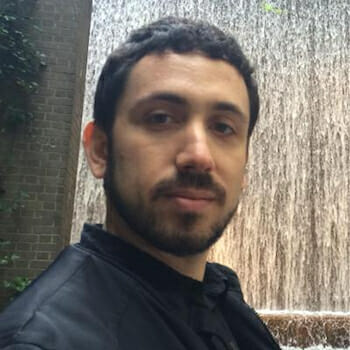
The Russian Winter: A Warm-up
All over Russia, voters cast their ballots for President this Sunday. Despite the unprecedented public demonstrations over the last few months, Vladimir Putin claimed a convincing first-round win. The “Russian Winter” protests nevertheless represent a milestone in post-Soviet culture and set the stage for the next chapter of Russia’s political development.
The protests were sparked by what liberal-minded Russians saw as a series of political outrages. Last September President Dmitri Medvedev announced he wouldn’t run for re-election, all but guaranteeing Putin’s return. The event is referred to as the “Rakirovka” — ‘castling’ — the two men switched place like the king and the rook in a chess game.
Then in the parliamentary election on December 4th, Putin’s United Russia Party retained a majority amid widespread allegations of vote-rigging and fraud. The weeks that followed saw tens of thousands of people take to the street demanding a revote and the resignation of election officials.
The clever signs, girl punk bands, and ubiquitous white balloons came as a shock to most observers. Until now, activism in the street occurred in post-Soviet politics “hardly at all,” said Professor Stephen Sestanovich of SIPA and the Council on Foreign Relations.
Sociologist Denis Volkov cited Levada Center data which showed that 85 percent of Russians believed they had no say in the political decision-making process. Volkov said the elderly and people in the provinces are more dependent on government salaries and patronage. “The desire to go out [and demonstrate] has traditionally been very low,” he said.
The protestors, on the contrary, are middle-class educated professionals, a relatively small class of Russians concentrated in Moscow and Saint Petersburg. Sestanovich characterized them as traditional opponents of the regime, newly energized. “Let’s take for granted that a lot of these people have voted against Putin in the past,” he said. Volkov described them as an “anti-establishment layer” in the big cities. “They make their living through their own activity and they don’t rely on the government for news,” he explained.
Many of the demonstrations were initially organized through posts on Live Journal and Twitter. The most prominent opposition blogger, Alexei Navalny, has emerged as one of the movement’s heroes. A strident liberal, Navalny famously called Putin’s United Russia “the party of crooks and thieves” and regularly publishes primary documents exposing corrupt deals by officials. He was called a “cocksucking sheep” by President Medvedev in a post on Twitter. “He’s an extremely positive force,” said Sestanovich, “He’s one of the few Russian political figures with the real ability to broaden his political base and appeal to workers.” Volkov was a bit more skeptical pointing out Navalny is also an ardent Russian nationalist and that his brand of direct-action populism remains relatively unpopular.
But Navalny and other movement leaders rejected calls to enter the presidential elections, citing a fundamentally unfair playing field. “The opposition are dispersed and don’t have a leader…and not only no leader but no plan for how to treat the election,” said Volkov. They don’t support Putin, but neither do they have any great love for his opponents. “It looks as though a good sized bloc of them have been unable to imagine checking the box for [Communist Party Leader Gennady] Zyuganov or [Liberal Democrat Vladimir] Zhriniovsky — or even [billionaire New Jersey Nets owner Mikhail] Prokhorov,” Sestanovich said.
Despite Putin’s victory, both experts said the last few months mark a key transition in Russia’s political culture. “Protests of this character are going to reoccur because the political system is fraught with contradictions,” Volkov said. Continued economic development heightens the need for reform. “When a problem doesn’t specifically affect the interests of someone in the government,” he explained, “the way to resolve those differences doesn’t exist.”
Sestanovich described a wider desire for change in Russia that goes beyond the people in the streets. “A growing number of Russians believe Putin has been successful enough in overcoming the turmoil of the 90′s that new steps forward can be taken without putting stability at risk,” he said. “They’re not in favor of revolution; they just don’t think reform actually requires revolution.” If Putin stays in power until he’s term-limited in 2024, they’re sure to find out.
